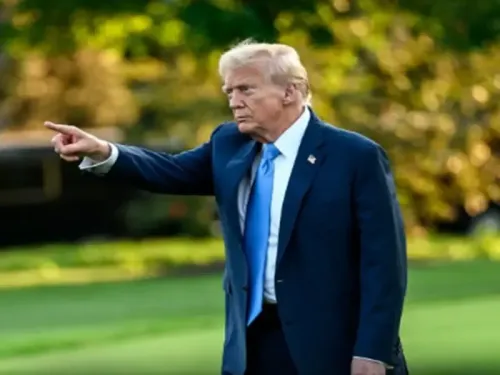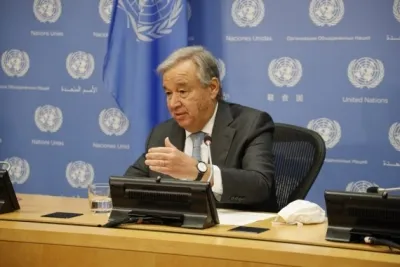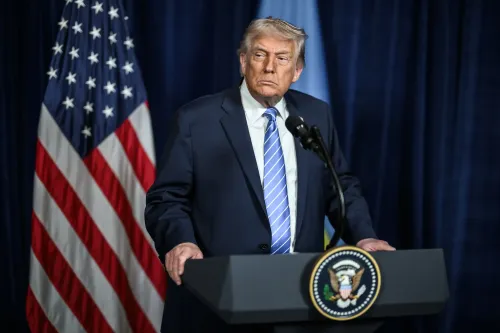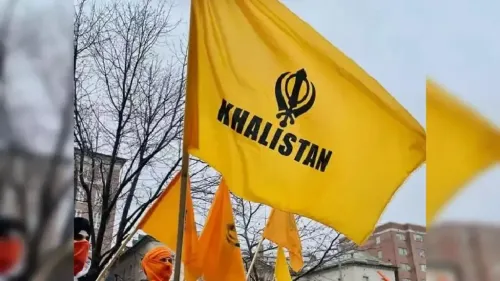Did the Israeli Army Just Eliminate a Hezbollah Commander in Lebanon?
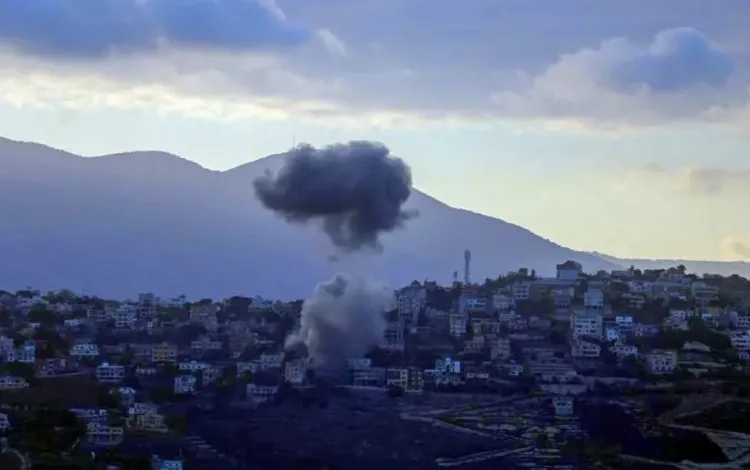
Synopsis
Key Takeaways
- IDF confirms the killing of a Hezbollah commander in southern Lebanon.
- Airstrikes have escalated tensions, raising questions about the ceasefire.
- Lebanon's government condemns Israel's actions as violations of peace agreements.
Jerusalem, May 17 (NationPress) The Israel Defense Forces (IDF) announced that they successfully targeted and eliminated a Hezbollah commander in southern Lebanon on Saturday.
The identity of the commander was not disclosed, but reports indicate he was killed in the village of Mazraat Jemjim, located north of the city of Tyre.
According to various Israeli media reports, the commander was attacked by a drone while he was inside a vehicle.
The IDF's statement accused the commander of participating in the reconstruction of Hezbollah's terrorist infrastructure in the region, labeling such activities as a clear breach of the agreements between Israel and Lebanon.
Earlier on Thursday, Israeli drones executed multiple airstrikes across southern Lebanon, resulting in the death of a Hezbollah member and the destruction of several prefabricated structures, according to Lebanese security and official sources.
The Ministry of Health in Lebanon reported that an Israeli drone strike targeting a vehicle on the Arnoun-Yohmor road claimed one life.
A Lebanese security source identified the deceased as Mohammad Ali Marouni, a Hezbollah member from Arnoun in the Nabatieh District of southern Lebanon.
Official sources in Lebanon confirmed that three Hezbollah members were killed and one was injured in separate Israeli strikes in southern Lebanon.
In a related incident, the National News Agency reported that an Israeli Apache helicopter conducted three consecutive strikes within thirty minutes on the village of Houla in southeastern Lebanon, targeting a prefabricated structure linked to the Wataawano Association.
Additionally, the Israeli army targeted another prefabricated building in the village of Adaisseh at dawn. Separately, a drone dropped a stun grenade on a home in Kfar Kila, while another drone released a similar device over the remains of al-Dhahira School in western southern Lebanon.
These cross-border strikes occurred despite a ceasefire agreement established on November 27, 2024, aimed at ending over a year of hostilities connected to the Gaza conflict. The truce, facilitated by the United States and France, has largely been maintained, although sporadic flare-ups have persisted, as reported by Xinhua.
Israel claims its strikes aim to neutralize threats from Hezbollah. Nevertheless, the Lebanese government and several Arab states have accused Israel of consistently infringing upon the ceasefire agreement.


